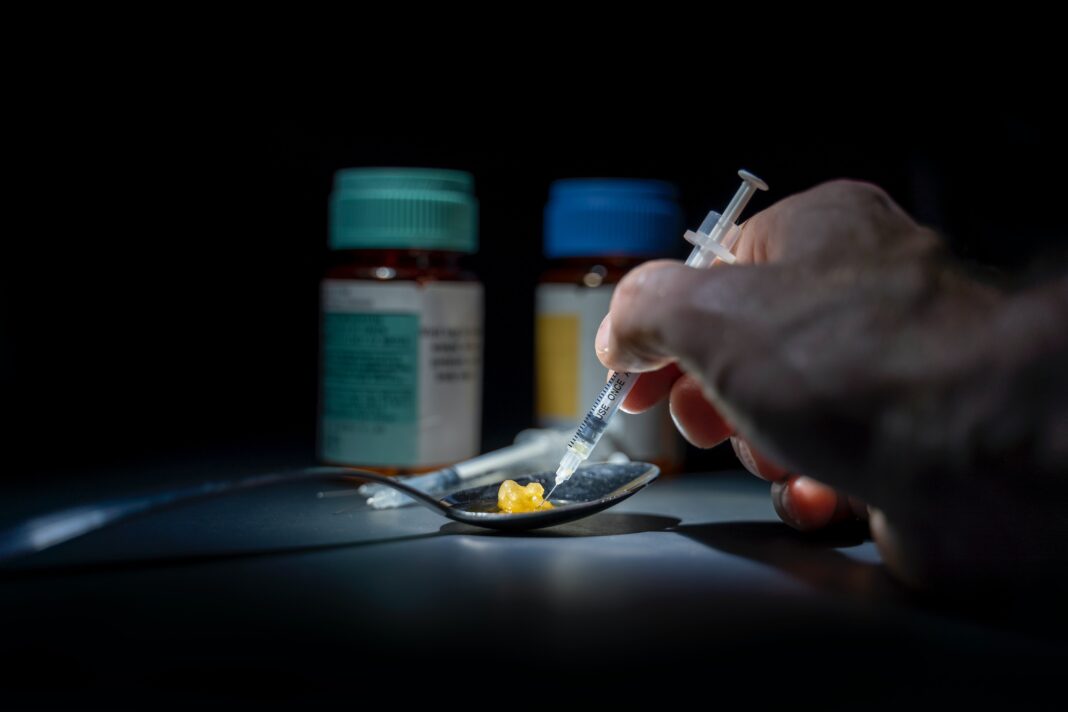SAN FRANCISCO—On Tuesday, June 23, at its weekly meeting, the Board of Supervisors unanimously endorsed a law that would allow for the establishment of supervised injection sites (SIS)—nonprofit facilities where drug users in recovery could inject or consume illegal drugs in a supervised, sanitary environment in order to reduce overdoses.
The policy brought forward at Tuesday’s Board of Supervisors meeting is named “Article 46: Overdose Prevention Programs.”
Under Article 46, a nonprofit would have to obtain a permit to open SIS, accept any inspections by the San Francisco Department of Public Health (DPH), and provide regular updates on the status of the injection site’s participants.
SIS are part of a larger overdose prevention program that has been in the works among San Francisco officials for several years.
Overdose prevention initiatives begin with medically-supervised usage of illegal drugs—that is, SIS—and from there, intend to connect drug users to other medication-assisted recovery programs, as well as other social services
In 2017, the San Francisco Department of Public Health (DPH) commissioned a Task Force to specialize in determining the utility of establishing an overdose prevention program. The Task Force ultimately came to the conclusion that an initiative aimed toward stopping overdoses would save San Francisco around $3.5 million in healthcare-related expenses.
DPH reports that in 2018, over 2,400 people died from an opioid overdose.
Overdose prevention programs do face opposition though—supervisors’ approval of Article 46 helps move the initiative forward but it must overcome legal obstacles before safe injection sites can be established.
Officials have voiced resistance to SIS because they violate federal law. The Crack House Statute of the Controlled Substances Act deems it a felony to use any space for the purpose of distributing or using a controlled substance. This statute has been used to block overdose prevention programs.
For example, in 2019, the nonprofit Safehouse was planning to open SIS in Philadelphia but was impeded by the U.S. Attorney for the Eastern District of Pennsylvania upholding the Crack House Statute. Safehouse’s initiative would have been the first SIS in the U.S.
These federal blockades could be circumvented with permission from the state government.
Assembly Member Susan Eggman and State Senator Scott Wiener (of San Francisco) have been championing Assembly Bill 362, which would give San Francisco the authority to open a safe injection site. The bill has been approved by the Assembly but awaits consideration from the state Senate sometime this year.






